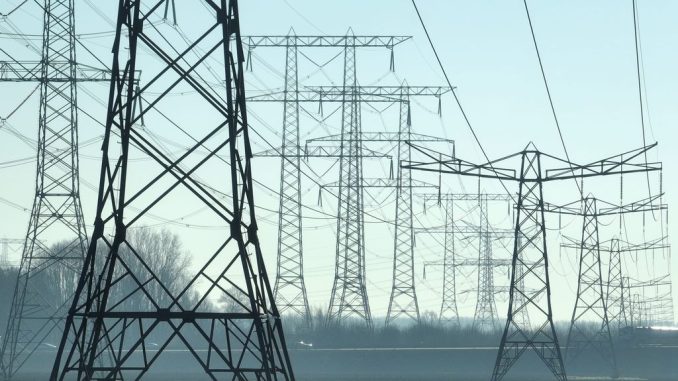
Companies receive a discount if they do not always purchase electricity
The operator of the high-voltage grid, Tennet, today concluded the first energy contract whereby a major consumer cannot always purchase or supply electricity. This concerns Giga Storage, which will build a large battery in Delfzijl.
The contract states that the company can use the high-voltage connection 85 percent of the time. By settling for limited security of supply, the company’s transport costs are halved and it is not placed on the waiting list.
There are currently around 9,500 companies in the Netherlands on the waiting list for a new or more powerful electricity connection. Another 10,000 companies are waiting for a connection to supply electricity. The capacity problems on the power grid do not exist all day long, but are limited to peak times.
By tempting companies to move with the supply and demand of sustainable electricity, Tennet tries to solve the problems at those peak times. The waiting lists for companies to be connected to the grid can then be reduced. As compensation, companies that conclude such a contract pay half as much for the use of the high-voltage grid. This can save millions of euros per year for large customers.
The power grid is overcrowded, how is that possible?
The contract with Giga Storage also means that Tennet quickly receives an extra buffer for problems on the high-voltage grid. The operator of large batteries stores excess electricity from solar and wind and returns it to the grid when there is a shortage.
In a few years, more than 70 percent of the electricity in the Netherlands will come from sun and wind. Energy companies and grid operators must ensure that the lights do not go out everywhere when there is no sun or wind.
The Netherlands is used to very high security of supply for electricity. Due to the increase in the use of (sustainable) electricity, it is becoming very expensive to adhere to a supply guarantee of almost 100 percent at peak times. The network operators would then have to build a kind of ‘six-lane electricity highways’ everywhere to prevent ‘traffic jams during rush hour’.
Regulator ACM has made Tennet’s new contract form possible by allowing grid operators to conclude time-bound and time-bound contracts. Grid operators may also look at the social necessity of an electricity connection. This should prevent schools and hospitals, for example, from having to join the waiting list for electricity connections.
The question is whether Tennet’s new contract form will solve the problems on the electricity grid. It is a good solution for a battery operator that relies on moving with the supply and demand of sustainable electricity. But for factories that deliver continuous production it becomes a lot more complicated. So far, attempts to get companies to produce less during peak times have not been very successful.

Be the first to comment